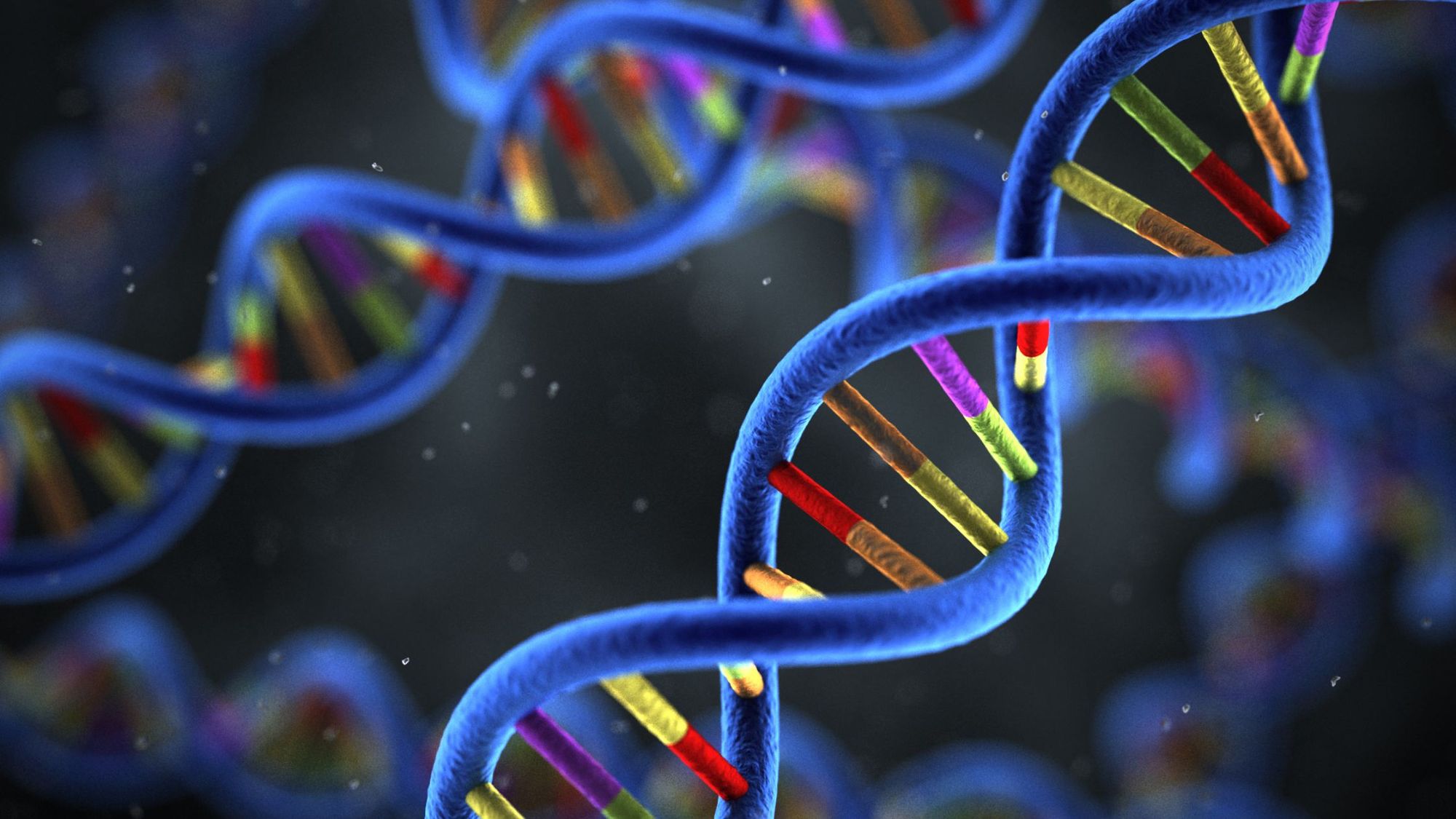
If you’re interested in genetics, you’re likely going to be interested in epigenetics. An article in The Guardian notes that the term ‘epigenetics’ is trending today, and it’s seen from peer-reviewed academic journals to ads promoting miracle cures.
Epigenetics is now one of the hottest fields in life sciences because it has broad and powerful effects on numerous biological aspects, and enormous potential in human medicine.
Epigenetics is a study of how an individual’s behaviors and environment could result in changes that impact the way their genes work. Contrary to genetic changes which are lasting or permanent, some epigenetic changes could be reversible since they don’t change the DNA sequence. Instead, epigenetic changes could modify how an individual’s body reads a DNA code.
These genetic codes are combinations of proteins that are akin to instructions that influence your physical attributes, personality traits, and even propensity for acquiring certain diseases like cancer, diabetes, or heart issues. Genetic changes such as gene mutations alter the genes, specifically how the proteins are made.
Meanwhile, epigenetic changes impact gene expression and not the gene itself. Epigenetics turn “on” and “off” certain gene codes as the body reads them. Some of these codes may not even be expressed at all, depending on the stimuli.
Studies indicate that epigenetics in part could account for why even identical twins have differences. Identical twins come from the same fertilized egg and possess the same genome, but the environment induces variants. This reveals that genetics are not set in stone or fixed upon birth, and do not serve as the sole predictor of one’s development. A Harvard Study pointed out that nature versus nurture is no longer debatable, and it is always both your DNA and your environment that affect how genes manifest or whether they are even expressed. For instance, your diet and exercise regimen could result in epigenetic deviations, proving the connection between the environment and your behaviors with your genes.
Below, you’ll learn more about the concept of epigenetics below and how these changes may affect you.

What Does Epigenetics Mean?
Epigenetics stems from the root word “epi” which means “on” or “above” in Greek, and “genetics” which pertains to the study of genetic codes. Hence, in the literal translation, epigenetics studies and describes factors beyond or above the genetic code. Experts in the epigenetics field examine how cells could impact gene activity without modifying the DNA sequence.
Instead, changes in epigenetics are attached to the elements that regulate the activity or expression of the gene. Epigenetics don’t alter genes, they just determine which genes are on or off. Every human has tons of complete sets of DNA in a genome or cell, so epigenetics could account for many changes in the individual, and some of these changes could be passed down in families. All the modifications that regulate gene expression or activities are known as the epigenome.
To illustrate, children inherit genes from both their biological mother and their biological father. These genes provide the sequence that guides development from conception to how tall they will be, their eye color, the temperament they could have, or the congenital diseases they’re born with. However, gene expression changes in response to the environment could also impact health as an individual grows and develops. For example, exposure to toxins at a young age could lead to a higher risk of cancer.
Types of Epigenetic Changes
Epigenetic changes could influence the expression of genes in many different ways. Furthermore, patterns of these modifications in epigenetics vary among different individuals.
Examples of these types of epigenetic changes are:

DNA Methylation
The most common epigenetic change is called DNA methylation. It works by attaching small chemical groups called methyl groups to DNA building blocks. These methyl groups contain three hydrogen atoms and one carbon atom. Usually, these methyl groups are attached to specific places on the DNA, resulting in blocking certain proteins that read the gene. With methyl groups present, that gene is silenced so no protein is produced. Methylation is when genes are turned off and demethylation is when they are turned on.
Histone Modification
Another common change in epigenetics is histone modification. In your cell nucleus, you’ll find histones which are the structural proteins. DNA wraps around histones, giving chromosomes their shape and providing stability. However, histones can experience changes with the addition of methyl or acetyl groups. These groups can impact how tightly coiled the DNA around the histones. When histones are loose, more DNA is exposed and proteins that read the gene get easy access. This means that a particular gene is turned on. In contrast, more tightly packed histones turn the gene off.
Non-coding RNA
A person’s DNA is the instructions that the body follows for making both coding and non-coding RNA. The former makes proteins, while the latter helps control gene expression. Non-coding RNA attaches to coding RNA along with specific proteins. This attachment could break down the coding RNA so that it stops making proteins. Moreover, non-coding RNA also has the power to recruit proteins that modify histones to turn on or off certain genes.
These epigenetic processes can lead to abnormal gene activity or inactivity. Altered gene activity caused by epigenetic changes could result in disorders. Health issues like metabolic disorders or even cancers could be linked to these epigenetic changes.
Potential Impact of Epigenetic Changes on Individuals
When outside factors during the development stage rearrange and influence the epigenetic marks that govern gene expression, they can modify how and whether these genes will release the information they carry. Because changes in epigenetics influence how genes turn on and off, they also affect the production of proteins in the cell.
More importantly, environmental factors like exposure to toxins, diet, alcohol intake, or exercise, could impact the epigenome. Thus, epigenetics explains how early childhood experiences or even what happens in utero could have lifelong impacts. Both positive experiences (like supportive families and exercise) and negative influences (like a bad diet, medication, air pollution, and stress) can influence the epigenome, leaving a one-of-a-kind epigenetic signature on the genes.
These signatures are usually temporary but could also be permanent, affecting how certain genes are activated or silenced. Hence, people who experience these changes still have a chance to reverse certain negative changes and restore their health. Take a look at more concrete examples of epigenetic changes below:
As noted above, not all epigenetic changes are permanent. Some could be reversed based on changes in behavior and environment. For example, smoking is a prime stimulus that affects epigenetics. One study revealed that smokers tend to have less DNA methylation than non-smokers, affecting parts of the AHRR gene. After quitting, these recovered smokers could increase DNA methylation in the gene. In time, smokers that quit may be able to reach the same level as non-smokers. The progress hinges on how long and how much someone smoked before stopping.
What Should You Do With This Information?
Epigenetic changes can affect your health, and you can pass them on to future generations. Researchers are continually studying this growing body of science. Many people hope that healthcare providers may be able to perform specific tests to look for these epigenetic changes to mitigate disease onset or diagnose conditions more effectively to prevent exacerbation.
Although there are still many things to uncover, one thing is certain. Epigenetics shows that how humans take care of their bodies has a huge impact on health. It can also affect future generations. If you wish to give your family a gift towards their health, maintain a healthy weight, manage your stress, eat a balanced diet, and avoid smoking and alcohol.
If you truly wish to stay informed with accurate information, take a CircleDNA test. This at-home, non-invasive DNA test provides you with health insights based on your DNA, across 500+ reports based on your unique genetic blueprint. When you’re armed with the right information on potential disease risks or optimal nutrition and workout plans, you can make educated choices based on your genes that could potentially prevent harmful epigenetic changes and ensure you live a happy, healthy life.
References:
- Epigenetics 101: A beginner’s guide to everything (Cath Ennis) https://www.theguardian.com/science/occams-corner/2014/apr/25/epigenetics-beginners-guide-to-everything
- Insights from Identical Twins (Learn Genetics) https://learn.genetics.utah.edu/content/epigenetics/twins/
- Epigenetics and Child Development: How Children’s Experiences Affect Their Genes (Harvard Health) https://developingchild.harvard.edu/resources/what-is-epigenetics-and-how-does-it-relate-to-child-development/
- What is epigenetics? (Medline Plus) https://medlineplus.gov/genetics/understanding/howgeneswork/epigenome/
- DNA methylation differences after exposure to prenatal famine are common and timing- and sex-specific (Elmar Tobi et.al.) https://pubmed.ncbi.nlm.nih.gov/19656776/
- DNA methylation as a mediator of the association between prenatal adversity and risk factors for metabolic disease in adulthood (Elmar Tobi et.al.) https://pubmed.ncbi.nlm.nih.gov/29399631/
- Epigenetic signatures of starting and stopping smoking (Daniel McCartney et.al.) https://pubmed.ncbi.nlm.nih.gov/30389506/





